History of Botswana
Botswana’s history is a tapestry of ancient civilizations, colonial struggles, and a remarkable journey to independence and stability. From the Tswana kingdoms to one of Africa’s most successful democracies, explore the milestones that shaped this nation.
Meet Key Historical Figures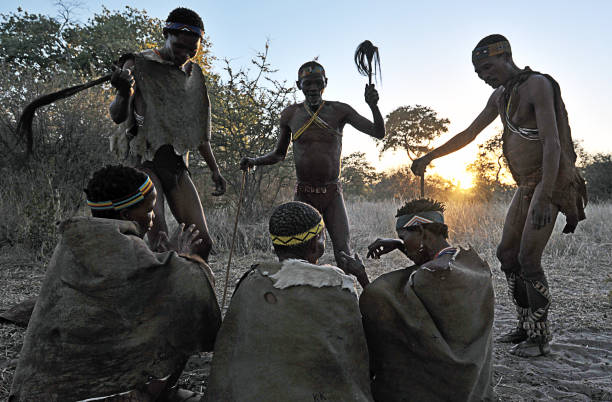
Pre-Colonial Era
Before European contact, Botswana was home to diverse peoples with rich cultures:
- San Peoples: Hunter-gatherers inhabited the region for over 30,000 years, leaving rock art in the Tsodilo Hills.
- Tswana Kingdoms: By the 17th century, Tswana groups formed organized states, such as the Bangwato and Bakwena, with cattle-based economies.
- Trade Networks: Communities traded with neighbors, exchanging goods like ivory and skins.
These societies thrived through agriculture, governance, and cultural traditions, setting the stage for modern Botswana.
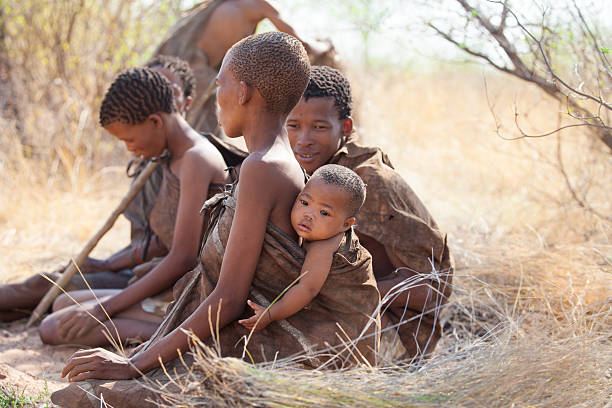
Colonial Period
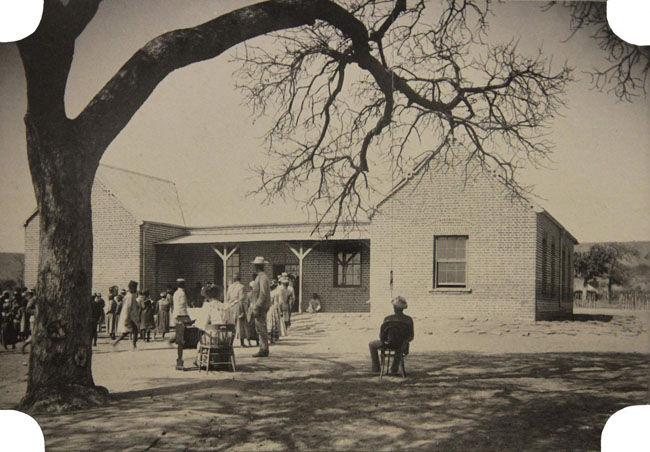
Bechuanaland Protectorate
In 1885, Britain declared the area a protectorate to counter Boer and German expansion, minimally interfering with local governance.
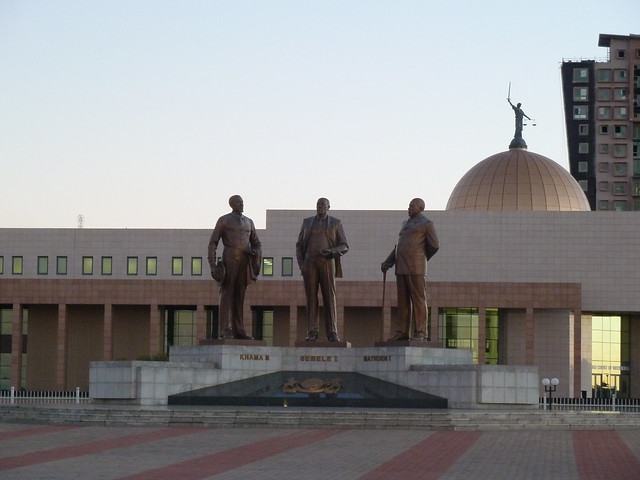
Tribal Leadership
Tswana chiefs, like Khama III, negotiated with the British, preserving autonomy while adopting Christianity and Western education.
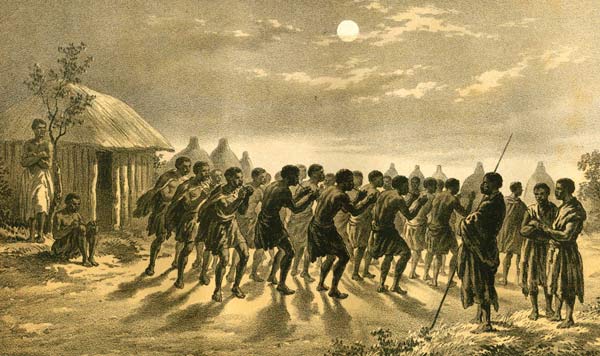
Challenges
Land disputes and economic exploitation arose, but the protectorate status spared Botswana from heavy colonization.
Independence Movement
The push for independence gained momentum in the mid-20th century:
Political Awakening: Seretse Khama formed the Bechuanaland Democratic Party (BDP) in 1962, advocating for self-rule.
Constitutional Talks: Negotiations with Britain led to a new constitution in 1965, paving the way for elections.
Independence Day: On September 30, 1966, Botswana became a sovereign republic with Seretse Khama as its first president.
This peaceful transition set Botswana apart as a stable democracy in Africa.
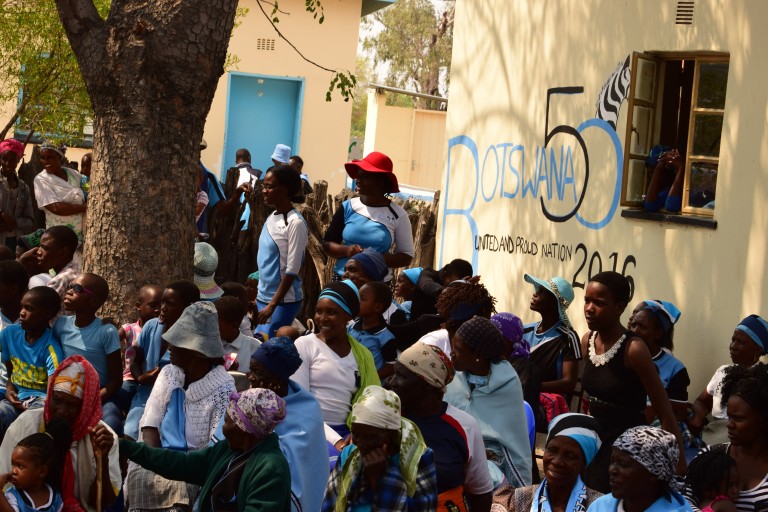
Post-Independence Milestones
Economic Growth
Discovery of diamonds in 1967 fueled rapid development, transforming Botswana into an economic success story.
Democratic Stability
Continuous free elections and smooth leadership transitions, with leaders like Ian Khama and Mokgweetsi Masisi.
Social Progress
Investments in education and healthcare improved literacy (~90%) and life expectancy, despite HIV/AIDS challenges.
